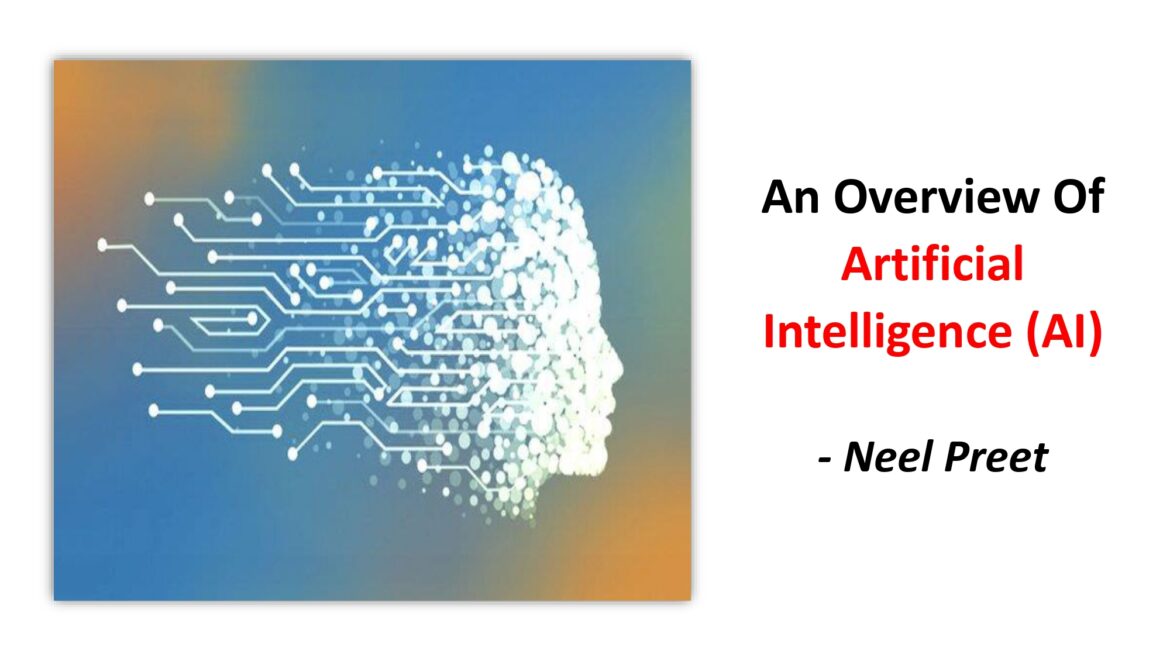Artificial Intelligence is a brilliant phenomenon and undoubtedly a boon to the humankind, however this boon can turn easily into a curse too if its usage is not carried out judiciously and in a controlled manner. Isn’t this something unique that the same thing is regarded as a boon at one stage, while on another stage it is considered as a curse! So, let us try to understand the very concept of the Artificial Intelligence (AI) in such a manner that even a layman could understand these scientific aspects with ease.
Well, Artificial Intelligence (AI) is the simulation of human intelligence processes by machines, especially computer systems. Moreover, specific applications of AI include expert systems, natural language processing, and speech recognition and machine vision! Isn’t it like a dream that AI holds the capabilities of learning all such vast knowledge, which are essential for the researchers to carry out their regular operations! Moreover, it is due to this auto learning and knowledge storage ability of the AI only that the researchers today have the luxury of creating much effective & efficient appliances, equipment and machines. Interestingly, the AI has not only made the lives of the common people easier, comfortable and safer but has also paved ways for many more ground breaking discoveries for the new age researchers and the scientists.
AI programming focuses on three cognitive skills, i.e. learning, reasoning and self-correction.
1) Learning Processes: This aspect of AI programming focuses on acquiring data and creating rules for how to turn the data into actionable information. The rules, which are called algorithms, provide computing devices with step-by-step instructions for how to complete a specific task.
2) Reasoning Processes: This aspect of AI programming focuses on choosing the right algorithm to reach a desired outcome.
3) Self Correction Processes: This aspect of AI programming is designed to continually fine-tune algorithms and ensure they provide the most accurate results possible.
Now, the question of the hour is that why is artificial intelligence important? So, let us cover some more insights of the applications of AI, which will tell us that what makes AI so essential in the current day scenario!
AI is important because it can give enterprises insights into their operations that they may not have been aware of previously and because, in some cases, AI can perform tasks better than the humans. Particularly when it comes to repetitive, detail-oriented tasks like analysing large numbers of legal documents to ensure relevant fields are filled in properly; AI tools often complete jobs quickly and with relatively few errors.
This has helped fuel an explosion in efficiency and opened the door to entirely new business opportunities for some larger enterprises. Prior to the current wave of AI, it would have been hard to imagine using computer software to connect riders to taxis, but today Uber has become one of the largest companies in the world by doing just that. It utilizes sophisticated machine learning algorithms to predict when people are likely to need rides in certain areas, which helps proactively get drivers on the road before they are needed. As another example, Google has become one of the largest players for a range of online services by using machine learning to understand how people use their services and then improving them. In 2017, the company’s CEO, Sundar Pichai, pronounced that Google would operate as an “AI First” company.
Today the largest and most successful enterprises are using AI to improve their operations and gain advantage on their competitors. AI has its own value, which we need to understand and if we analyse deeply then we can easily figure out that the AI not only improves our lifestyles or makes our jobs easier but also it tends to make our lives safer and secure!
Written By NEEL PREET – Author of the Books, Voice From The East (2016); Journey With Time Place And Circumstances (2018) & Indian Defence Files (2021).



